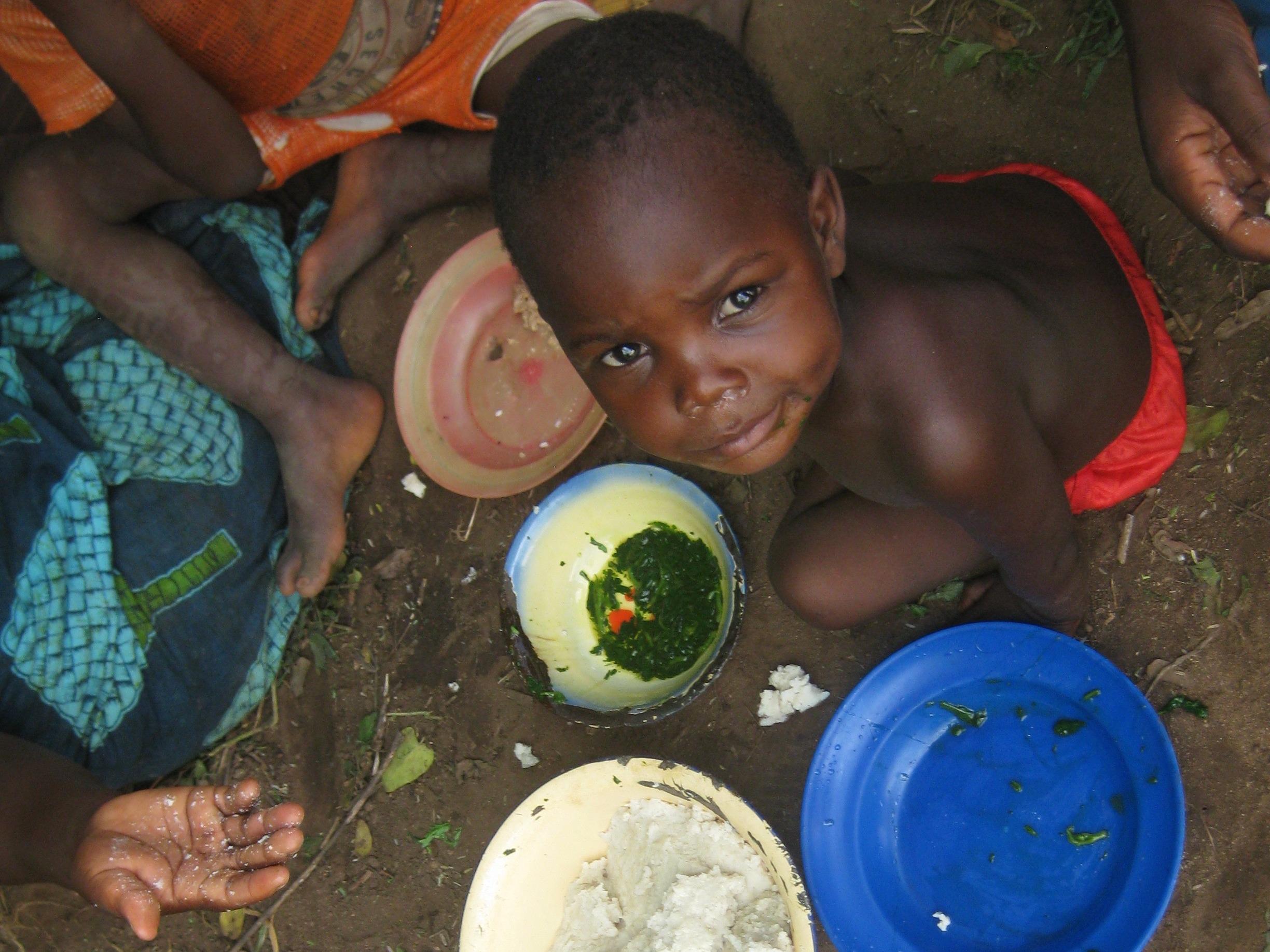Integrating WASH and Food Hygiene in Malawi

About
Recent evidence suggests that food hygiene plays an important role in reducing and controlling diarrhoeal disease, particularly in children under five. This study aims to determine the relative effectiveness of food hygiene and WASH interventions in preventing diarrhoeal disease in under-fives in Chikwawa District, Southern Malawi.
Led by the Malawi Epidemiology and Intervention Research Unit (MEIRU) in partnership with the Malawi Polytechnic, researchers will use the findings from formative research to design a behaviour change intervention aimed at improving WASH behaviours alone or in combination with food hygiene behaviours. Using a cluster randomised controlled trial with two treatment groups and one control group, the team will measure the impact of the intervention on the incidence rate of diarrhoeal disease in children under five.
The results of this study will have important implications for governments, non-governmental organisation and policy makers working in the WASH, nutrition and child health sectors.
